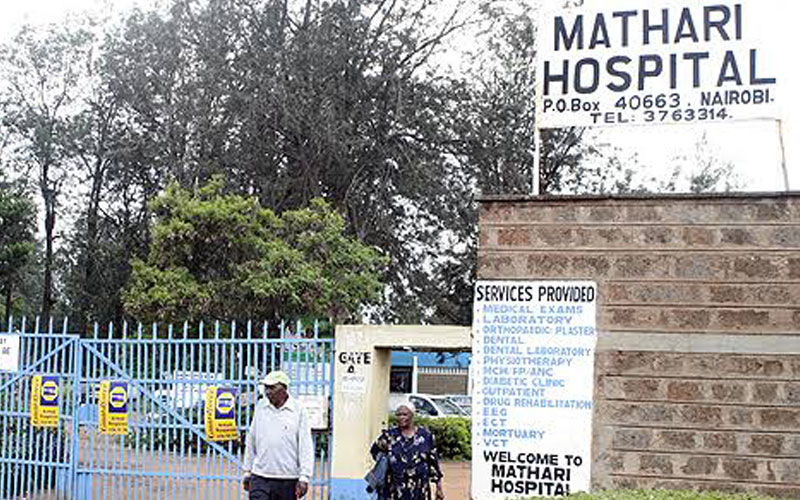Address mental health, forgotten impact of cancer

Dr Jeldah Mokeira
October was breast cancer awareness month. A lot of discussions and awareness raising initiatives went into informing people about the second largest cause of death globally.
It is the commonest cancer in women and according to the World Health organisation report in 2018; 70 per cent of deaths attributed to cancer occur in low and middle income countries.
The disease leaves in its wake devastation, disruption and challenges to the lives of not only the diagnosed person but also their loved ones.
In addition to the physical, emotional and psychological pain; the disease has often left many languishing in poverty due to the high costs of care.
Being informed about the ways one can prevent cancer is the best way to be prepared for it.
Important to note, early detection has been promoted through various efforts of the government, non-government and private sectors.
One way of achieving this is through knowing signs of breast cancer, practising regular self- examinations and seeking regular medical check-ups.
Identifying and mitigating against risk factors that increase your likelihood of developing breast cancer is important.
Research has shown that around one third of deaths from cancer are due to the five leading behavioural and dietary risks: high body mass index, low fruit and vegetable intake, lack of physical activity, tobacco use, and alcohol use. These are closely related to lifestyle choices.
Poor mental health has been associated with poor lifestyle choices, which could increase the risk for cancer. Cancer diagnosis can be shocking news to anyone.
Most times, when someone faces this unimaginable news, they are thrown into a frenzy of medical appointments, and an information overload on how to look after themselves physically.
This predisposes them to poor mental health due to stress, anxiety and depression.
Poor mental health further increases risk of poor physical health with weak immunity and other complications including other non-communicable diseases like hypertension.
If poorly managed therefore, the stress associated with a diagnosis of cancer can predispose one to making poor lifestyle choices, which further weaken the body and predispose to more problems. It is a challenging cycle to break.
But good news is that we can reduce the lifestyle related risk factors associated with cancer by taking care of our mental health.
It is important to safeguard our mental health in order to make wise decisions, which may deter the triggers of cancer and other complications in our bodies.
Mental health care and psychosocial support for people diagnosed with cancer and their families must be part of cancer care programmes.
Individual and group therapy sessions as well as support groups are an excellent way to harness support and contribute towards the quality of life in such circumstances.
It is common for people to go into isolation once such a diagnosis has been made and for caregivers to sometimes find difficulty due to demands of care and treatment for their dear one.
Let us embrace good mental health as part of the fight against cancer because the two are related. Before diagnosis, it reduces our risk.
Once diagnosed, it helps us fight resiliently, and after treatment, we continue to reduce the risk with our lifestyle choices — Writer is a General Medical Practitioner












